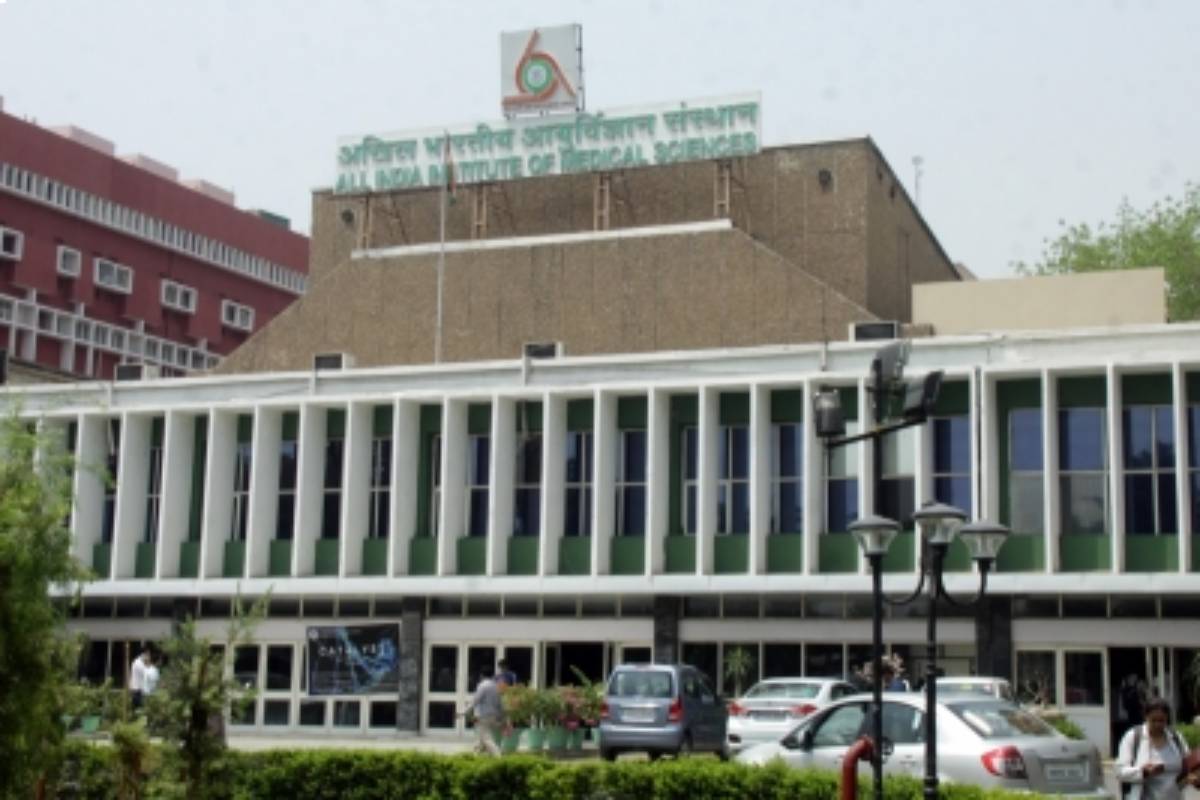AIIMS Delhi takes back decision to keep OPD close for Ram Mandir event on Jan 22
Earlier, the hospital had announced that OPD services will remain shut till 2:30 PM on January 22 in view of Ram Mandir event.
The initiatives are aimed at enhancing the skill sets of neurosurgeons, elevating standards in medical practice and improving patient outcomes and accessibility of services.

Photo : IANS
The Department of Neurosurgery of All India Institute of Medical Sciences (AIIMS), Delhi on Wednesday announced a series of transformative initiatives which will revolutionize patient care.
The initiatives are aimed at enhancing the skill sets of neurosurgeons, elevating standards in medical practice and improving patient outcomes and accessibility of services.
With innovative training modules and technologies, the Department of Neurosurgery aims to equip neurosurgeons with new techniques and foster a culture of continuous medical education, the premier institute said.
Advertisement
Aspiring neurosurgeons find a home at AIIMS Delhi’s Neurosurgery Department, which is widely considered to be among the best and most well-equipped in the country, it said.
“The department is at the forefront of neurosurgical innovation with an impressive record of treating over 4,500 patients per year and caring for over 45,000 patients via its outpatient clinic. Central to its mission is the development of young neurosurgeons’ skills, not only within its own walls but also throughout India and many neighboring countries,” it added.
Prof Shashank Kale, Head of the Department of Neurosurgery at AIIMS Delhi said, “Our commitment to excellence in neurosurgical education and patient care is unwavering. Through our innovative training initiatives and strategic collaborations, we aim to empower the next generation of neurosurgeons.”
“As the pioneers in the field of Neurosurgery in India, we are proud to lead the charge in revolutionizing surgical education and skill sets through our innovative initiatives. Through our low-cost simulators our department is committed to empowering neurosurgeons with skills and knowledge to provide exceptional patient care,” said Prof Kale.
Advertisement